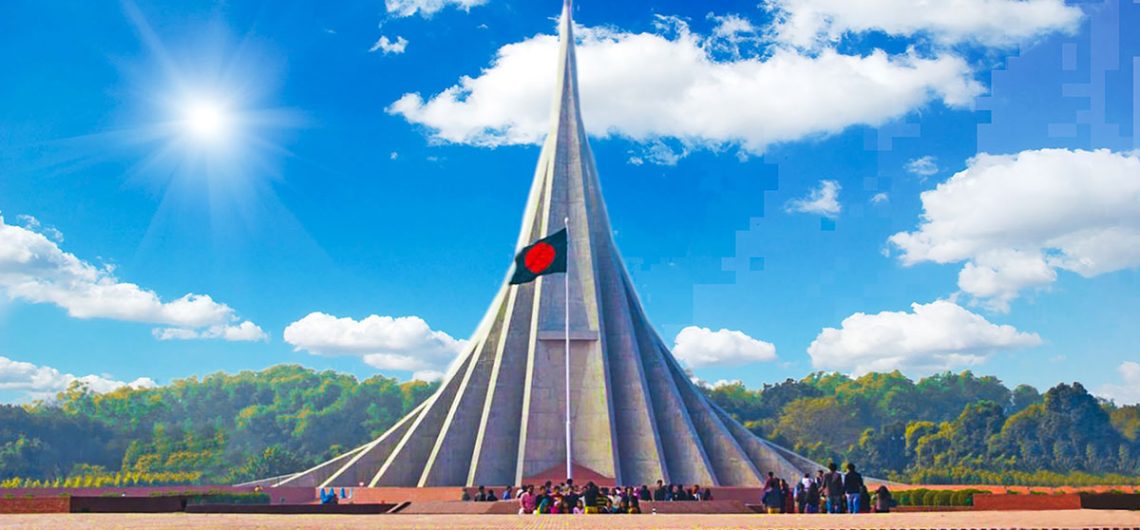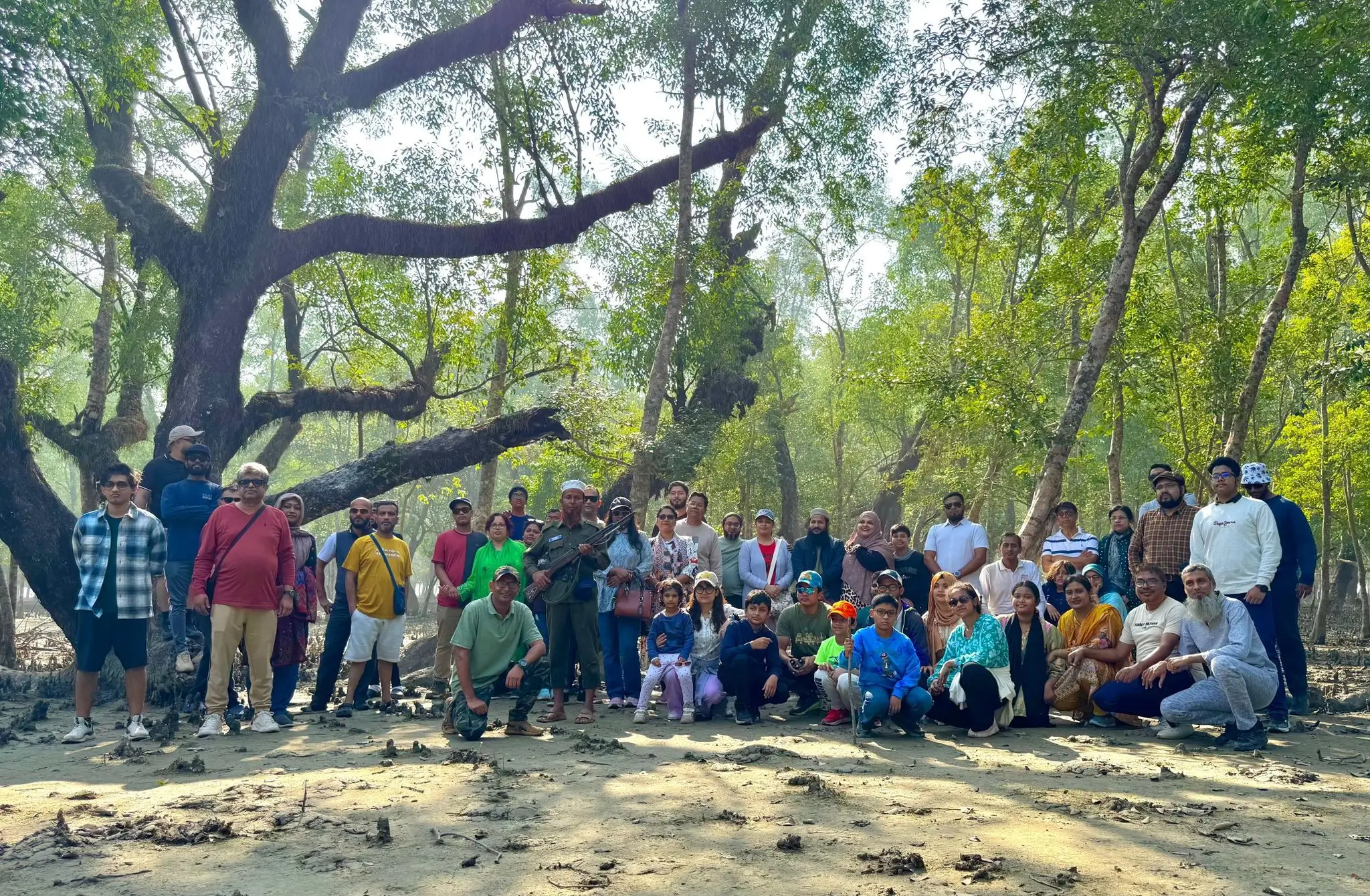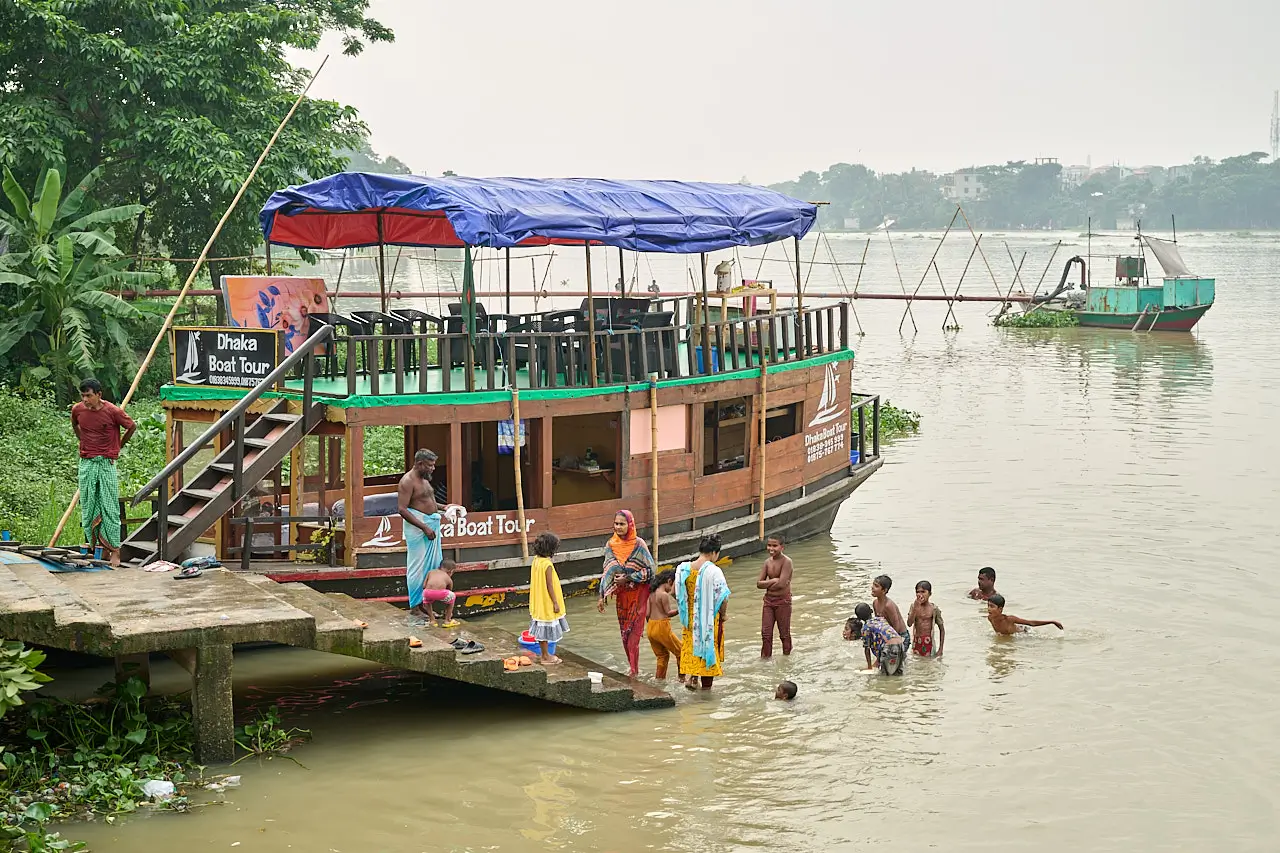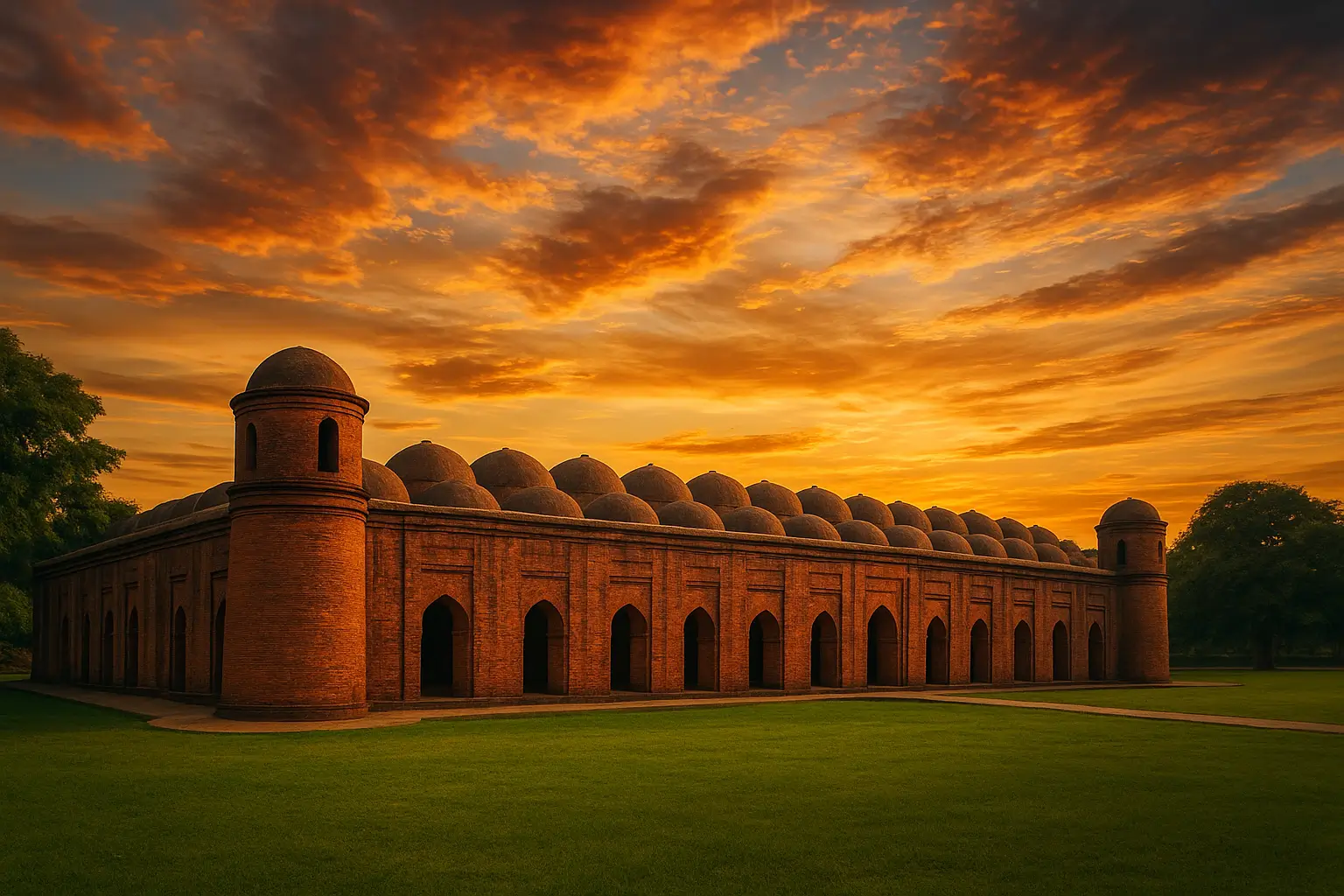Victory Day, celebrated annually on 16 December, is more than just a date on the calendar. It marks a pivotal moment in history, commemorating the liberation of Bangladesh from Pakistan in 1971. It’s a day when the nation comes together to honor the sacrifices, celebrate freedom, and reflect on its resilience. Let’s dive into the rich history and significance of this monumental day.
What Is Victory Day?
Victory Day, known as Bijoy Dibosh in Bangladesh, is the national holiday celebrated to honor the day when the Pakistani military surrendered to the joint forces of Bangladesh and India in Dhaka on December 16, 1971. This event officially marked the birth of Bangladesh as an independent nation.
The Historical Context
The Roots of Conflict
The journey to December 16 began with the disparity between East and West Pakistan. Despite being geographically separated, East Pakistan (now Bangladesh) had a larger population but faced systemic economic and political exploitation.
The Language Movement
The seeds of rebellion were sown early with the Language Movement of 1952, as East Pakistan fought for the recognition of Bangla as a state language. This movement showcased the unyielding spirit of the Bengali people.
Elections and Unrest
The 1970 general election proved a tipping point. Sheikh Mujibur Rahman’s Awami League won a landslide victory, but West Pakistan refused to transfer power. This betrayal led to growing unrest.
The Liberation War: A Fight for Freedom
The Start of the War
On March 25, 1971, the Pakistani military launched Operation Searchlight, aiming to suppress Bengali nationalist movements. What followed was nine months of bloodshed, resilience, and unwavering determination.
Role of Freedom Fighters
The brave Muktibahini (Freedom Fighters) fought valiantly against a well-equipped military. Their courage remains a cornerstone of Bangladesh’s history.
Global Support
India played a crucial role, offering military and humanitarian support. Countries worldwide condemned the atrocities, and the international media highlighted the genocide.
16 December 1971: A Historic Victory
On this fateful day, the Pakistani military surrendered, bringing an end to the war. The surrender took place at the historic Racecourse Ground (now Suhrawardy Udyan) in Dhaka. It was a moment of joy, relief, and triumph for millions.
Why Victory Day Matters
A Symbol of Freedom
Victory Day symbolizes the sacrifices made for freedom and sovereignty. It reminds us that independence comes with immense responsibility.
Honoring the Martyrs
The day is a tribute to the three million lives lost and the countless others who endured unspeakable suffering during the war.
How Bangladesh Celebrates Victory Day
National Parade
The day begins with a grand parade, showcasing the strength and unity of the nation. The armed forces, students and cultural groups participate in this event.
Tributes at the National Martyrs’ Memorial
The Jatiyo Sriti Shoudho (National Martyrs’ Memorial) in Savar becomes a focal point as people from all walks of life pay their respects.
Cultural Programs
From patriotic songs to theatrical performances, cultural programs celebrate the heritage and resilience of Bangladesh.
Decorations and Festivities
Buildings and streets are adorned with red and green, the colors of the Bangladeshi flag. It’s a sight that fills every heart with pride.
The Role of Youth in Preserving History
The youth of Bangladesh play a crucial role in keeping the spirit of Victory Day alive. Schools, colleges, and universities host debates, essay competitions, and other events to educate students about the significance of December 16.
The Lessons of Victory Day
Victory Day teaches us about the value of unity, resilience, and standing against oppression. It’s a reminder that freedom is earned through sacrifice, and it must be cherished and protected.
Notable Figures of the Liberation War
Sheikh Mujibur Rahman
Known as the Father of the Nation, Sheikh Mujibur Rahman’s leadership and vision were instrumental in achieving independence.
Tajuddin Ahmad
As the first Prime Minister of Bangladesh, Tajuddin Ahmad organized the government-in-exile during the war.
General M. A. G. Osmani
The Commander-in-Chief of the Muktibahini, General Osmani’s strategic brilliance, ensured victory.
Global Recognition of Victory Day
International Observance
Victory Day is not just celebrated in Bangladesh. The Bangladeshi diaspora worldwide commemorates the day with events and festivities.
Historical Significance
The day serves as a case study in freedom struggles, inspiring oppressed nations across the globe.
Challenges After Independence
Rebuilding a Nation
After independence, Bangladesh faced the mammoth task of rebuilding its economy, infrastructure, and governance.
Strength Through Unity
Despite challenges, the unity forged during the war continues to guide Bangladesh’s progress.
Victory Day and the Bangladeshi Identity
Victory Day is integral to the Bangladeshi identity. It’s a source of pride and a reminder of the values that define the nation.
Conclusion
Victory Day, celebrated on 16 December, is more than a holiday—it’s a celebration of the unyielding spirit of Bangladesh. From its historical roots to modern-day celebrations, the day encapsulates the journey of a nation that fought for its freedom and won. As we honor the sacrifices of the past, let us also look toward the future with hope, unity, and determination.
FAQs
1. Why is Victory Day important?
Victory Day marks the independence of Bangladesh, celebrating the sacrifices and resilience of its people during the Liberation War of 1971.
2. How is Victory Day celebrated in Bangladesh?
The day is marked by parades, tributes, cultural events, and patriotic decorations across the country.
3. What was the Liberation War of Bangladesh?
The Liberation War was a nine-month-long struggle in 1971 that led to Bangladesh’s independence from Pakistan.
4. Who were the key figures in the Liberation War?
Prominent figures include Sheikh Mujibur Rahman, Tajuddin Ahmad, and General M. A. G. Osmani.
5. What can we learn from Victory Day?
Victory Day teaches the importance of unity, resilience, and standing against injustice to achieve freedom.











Comments